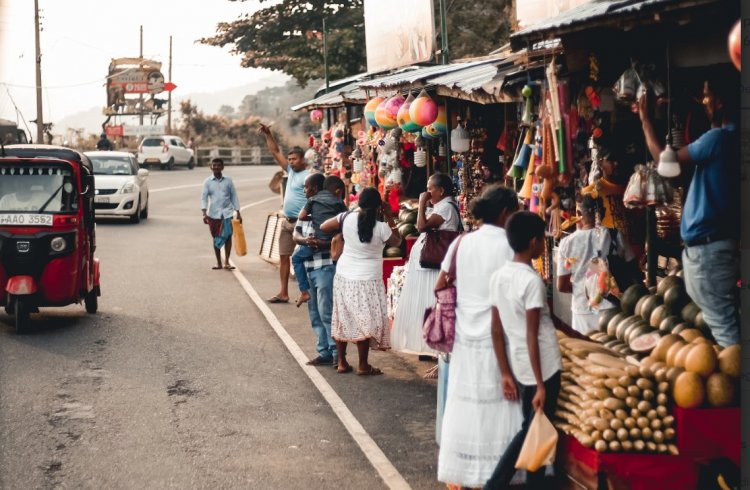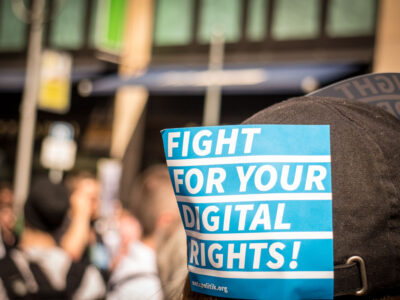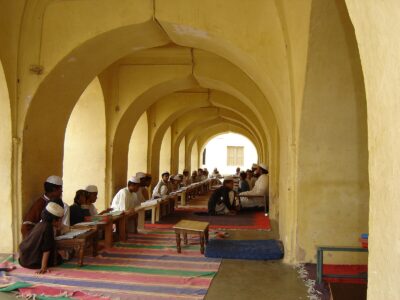Two years after the people of Sri Lanka protested for democratic reforms, the Sri Lankan government has yet to bestow it to them. With the newly proposed laws that curtail fundamental rights and the rule of law, it appears that Sri Lanka is far from adhering to its international obligations.








Comments